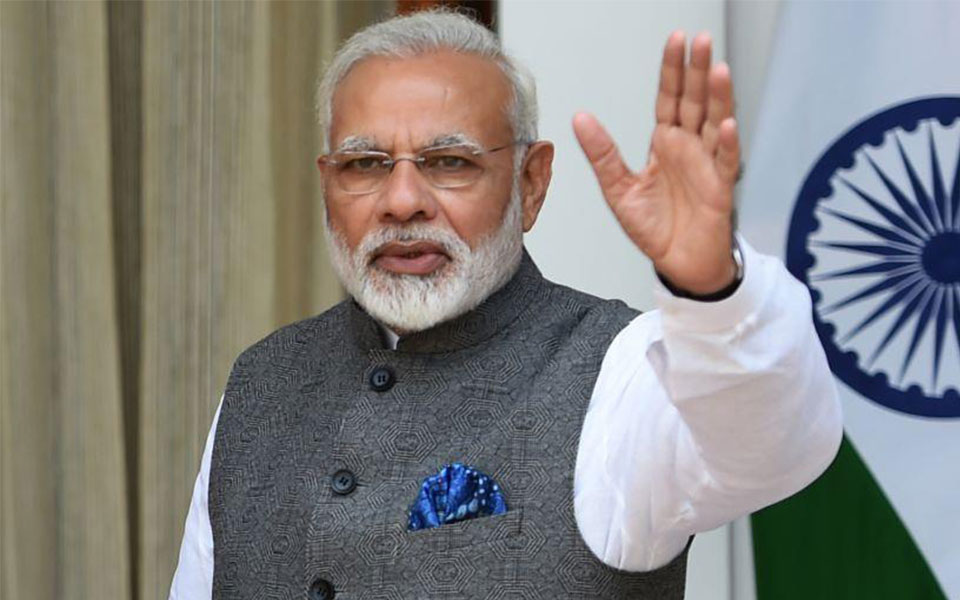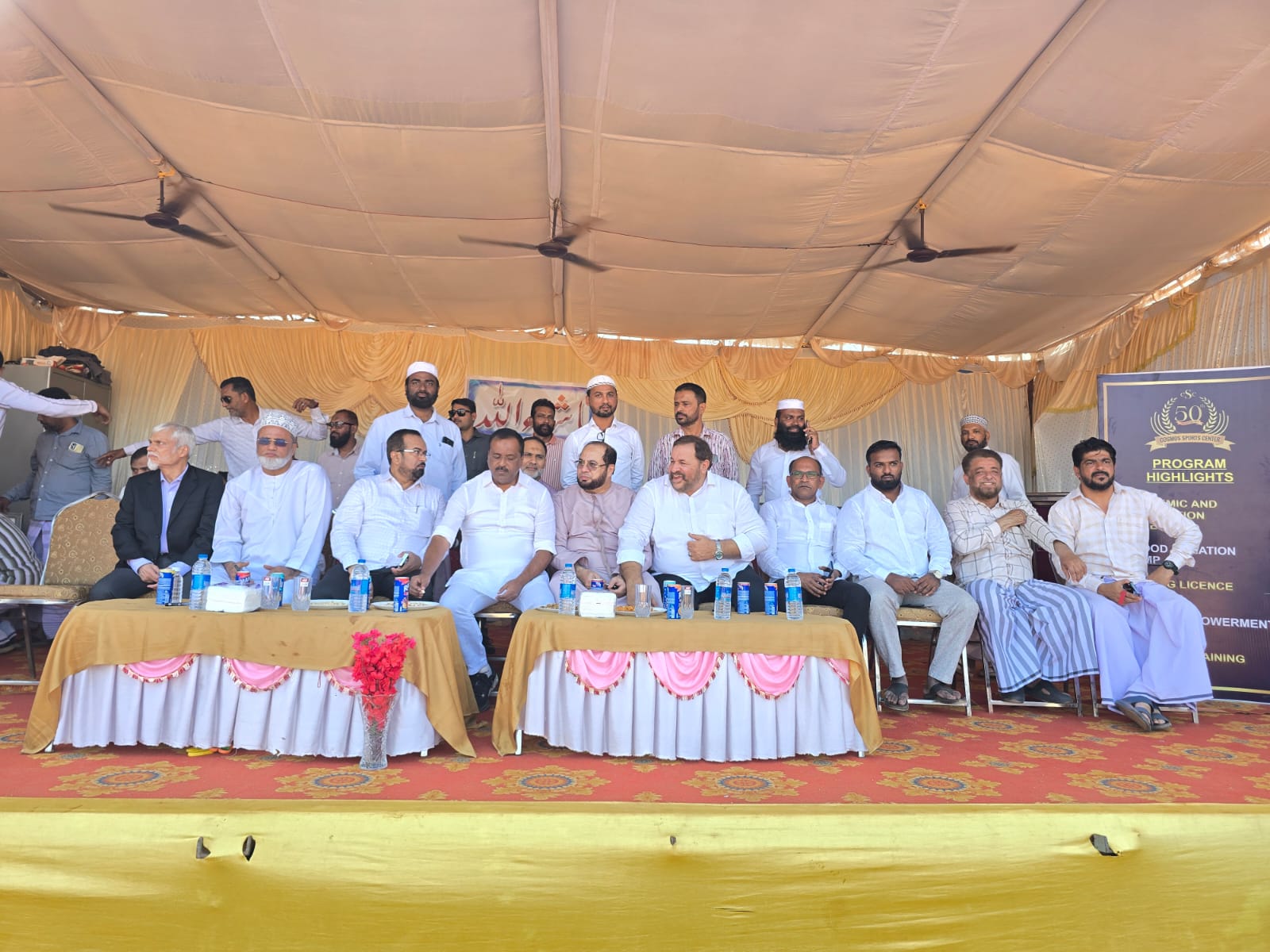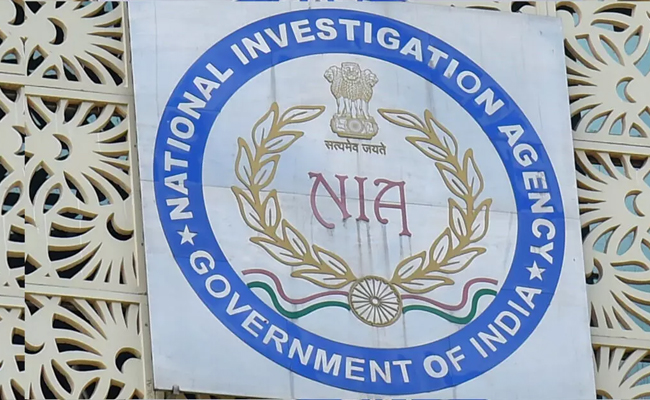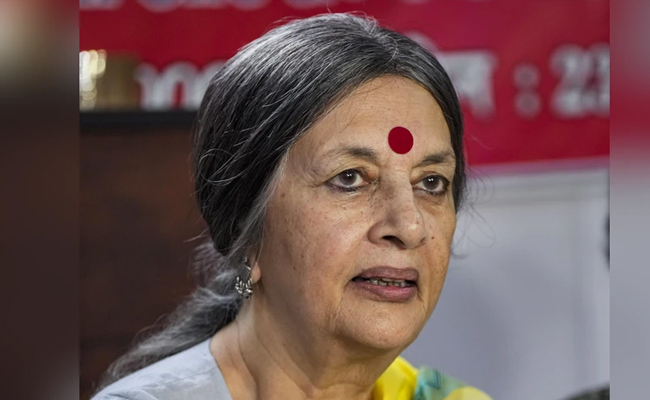New Delhi, June 29: The Central government is likely to support a PIL challenging the constitutional validity of the practice of polygamy, nikah halala (a requirement for a divorced couple to remarry), nikah mutah (temporary marriage in the Shias) and nikah misyar (short-term marriage among Sunnis) among the Muslim community.
The government, which has already taken a strong position against the practice of triple talaq, nikah halala and polygamy on the touchstone of their constitutionality in the Shayara Bano case, is likely to reiterate it when the matter comes up for hearing before the constitution bench, said informed sources.
The Supreme Court on March 26 sought the Central government's response on the plea.
Noting the importance of the issue, the top court had said the matter would be heard by a Constitution bench.
It is a matter of common understanding that when the government opposed instant triple talaq on the grounds of gender equality and justice, it will oppose nikah halala and polygamy on the same grounds, said a source in the Union Law Ministry.
Lawyer Madhavi Divan, who presented the government's stand during the hearing of challenge to instant triple talaq, said that in the Shayara Bano case "the Centre has already taken a strong stand on affidavit" on the issue of triple talaq, nikah halala and polygamy.
The Central government in an affidavit filed in April 2017 described triple talaq, nikah halala and polygamy as "patriarchal values and traditional notions about the role of women in society" that were an impediment to the goal of achieving social democracy.
"The conferment of a social status based on patriarchal values or one that is at the mercy of men-folk is incompatible with the letter and spirit of Articles 14 and 15 of the Constitution," the government had said.
"The right of a woman to human dignity, social esteem and self worth are vital facets of her right to life under Article 21 of the Constitution."
Contending that the practice of triple talaq, nikah halala and polygamy were not protected by Article 25(1) guaranteeing right to profess, practice and propagate religion, the government in 2017 said that the "fundamental question (is)... whether in a secular democracy, religion can be a reason to deny equal status and dignity, available to women under the Constitution."
When the government filed the affidavit, the challenge was to triple talaq, nikah halala and polygamy but when the matter was taken up for hearing by the Constitution bench, headed by then Chief Justice Jagdish Singh Khehar, the issue was narrowed down to the constitutional validity of instant triple talaq only.
The top court by a majority 3-2 verdict on August 22, 2017 held that triple talaq being practised by the Muslim community was "unconstitutional", "arbitrary" and "not part of Islamic faith".
Let the Truth be known. If you read VB and like VB, please be a VB Supporter and Help us deliver the Truth to one and all.
Mumbai (PTI): In view of Argentine superstar footballer Lionel Messi's visit to Mumbai on Sunday, the city police are implementing stringent security measures, like not allowing water bottles, metals, coins inside the stadiums and setting up watchtowers to keep an eye on the crowd, officials said.
The police also said taking extra care to avoid any stampede-like situation and to prevent recurrence of the chaotic situation that unfolded in Kolkata during Messi's visit on Saturday as thousands of fans protested inside the Salt Lake stadium here after failing to catch a clear glimpse of the football icon despite paying hefty sums for tickets.
Messi is expected to be present at the Cricket Club of India (Brabourne Stadium) in Mumbai on Sunday for a Padel GOAT Cup event followed by attending a celebrity football match. He is expected to proceed to the Wankhede Stadium for the GOAT India Tour main event around 5 pm.
"In view of Lionel Messi's visit to Mumbai, the police are geared up and have put in place a high level of security arrangements in and around the stadiums located in south Mumbai. Considering the chaos that prevailed in Kolkata and the security breach, we have deployed World Cup-level security arrangements at Brabourne and Wankhede stadiums," an official said.
Expecting heavy crowd near the stadiums during Messi's visit, the city police force has deployed more than 2,000 of its personnel near and around both the venues, he said.
As the Mumbai police have the experience of security 'bandobast' during the victory parade of ICC World Cup-winning Indian team and World Cup final match at the Wankhede Stadium, in which over one lakh cricket fans had gathered, we are prepared to handle a large crowd of fans, he said.
"We are trying to avoid the errors that occurred in the past," the official said.
There is no place to sneak inside the stadiums in Mumbai like the Kolkata stadium, according to him.
The police are also asking the organisers to provide all the required facilities to the fans inside the stadium, so that there will be no chaos, he said, adding the spectators have purchased tickets in the range of Rs 5,000 to 25,000. After paying so much of amount, any spectator expects proper services, while enjoying the event, he said.
The police are expecting 33,000 spectators at the Wankhede Stadium and over 4,000 at Brabourne Stadium. Besides this, more than 30,000 people are expected outside and around the stadiums just to have a glimpse of the football sensation, he said.
The organisers responsible for Messi's India visit recently came to Mumbai to discuss security arrangements. During the meeting, the Mumbai police asked them not to take the event lightly, according to the official.
After those requirements were fulfilled, the final security deployment was chalked out, he said.
Police has the standard procedure of the security arrangements inside the Wankhede Stadium, where people are barred from taking water bottles, metals objects, coins. Police are setting up watch towers near the stadiums and there will be traffic diversions, so that there is maximum space available to stand, according to the official.
Police are also appealing to the spectators to use public transport service for commuting and avoid personal vehicles to reach south Mumbai.
To avoid any stampede-like situation, police are also taking precautionary measures and will stop the fans some distance ahead of the stadium and public announcement systems will be used to guide the crowd. Barricades will be placed at various places to manage the crowd.
In case the crowd swells up beyond expectation, the police will divert people to other grounds and preparations in this regard underway, he said.
Additional police force has been deployed in south Mumbai to tackle any kind of situation, he said.





